News 1/16/14
A victory for transparency proponents: CMS announces it will consider on a case-by-case basis requests made under the Freedom of Information Act for information to find out much Medicare pays individual physicians.
CMS reports that as of the end November, approximately 60 percent of Medicare EPs are meaningful users of EHRs and 76 percent of Medicaid EPs have received an EHR incentive payment. Medicaid EPs are not required to attest for MU in advance of payment and a mere 17 percent of Medicaid EPs are considered meaningful users. That’s a pretty alarming gap, in my opinion. As of the end of November, EPs had been paid a total of 68 million in EHR incentives.
Allscripts reveals that its KLAS scores are on the rise with Allscripts Enterprise EHR up 11 percent for the 12-month period ending December 2013; scores for Allscripts Sunrise Clinical Manager increased four percent for the same period. KLAS is scheduled to release its annual “Best in KLAS” awards the week of January 24.
The 20-provider Urology Austin (TX) selects CareCloud Concierge for RCM and PM for integration with the practice’s existing HealthTronics UroChart EHR platform.
The ONC releases the Safety Assurance Factors for EHR Resilience (SAFER) Guides, which include checklists and recommended practices to help providers assess and optimize the safety and safe use of EHRs.
The Drummond Group certified Practice Fusion’s EHR Version 3.0 a 2014 Complete EHR on December 19, which is notable because Practice Fusion guaranteed its users that it would be certified by the end of the year. The guarantee required Practice Fusion to reimburse EPs up to $5,000 for out-of-pocket licensing fees for a third-party EHR if the company failed to meet the year-end certification deadline.
A report by Patient-Centered Primary Care Collaborative finds that practices following a PCMH model demonstrate decreases in the cost of care; reductions in the use of unnecessary or avoidable services costs, such as ER visits; improvements in access to care; and, improvements in patient satisfaction. The impact on clinician satisfaction remains unclear.
CareCloud reports it closed 2013 with more than 520 new clients and finished its 16th consecutive quarter of triple-digit revenue growth.
Nearly 10,000 scribes work in ERs and physician offices inputting EMR data, according to a New York Times report. Typically scribes earn $8 to $16 an hour and are employed by services that collect $20 to $25 an hour from providers. Despite the cost, many physicians using scribes say they come out even or ahead financially because they are able to see more patients.
Hello Health introduces Hello Health Billing Services, an RCM solution to compliment its no-cost EHR and patient portal. Hello Health charges patients a monthly subscription for portal access that practices can apply against Hello Health’s billing service fees.
Athenahealth announces its roster of 21 solutions available in the athenahealth Marketplace.
Email Inga.

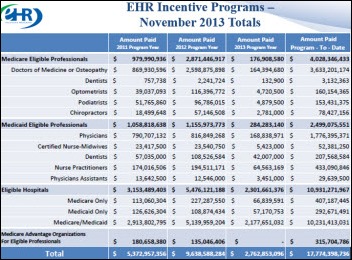

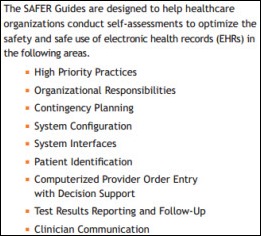
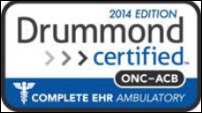




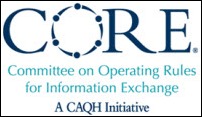
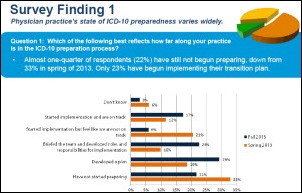


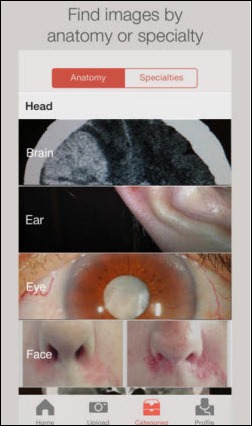
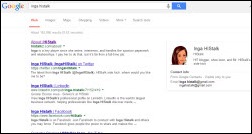
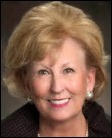


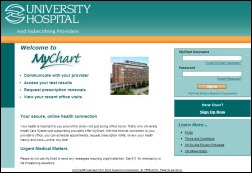
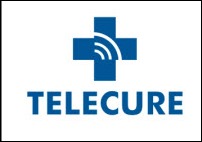



The article about Pediatric Associates in CA has a nugget with a potentially outsized impact: the implication that VFC vaccines…